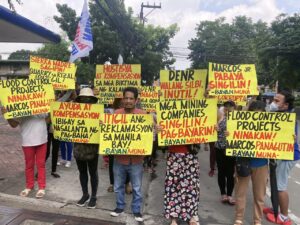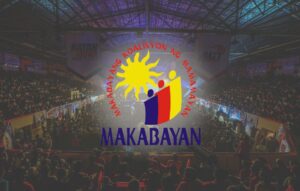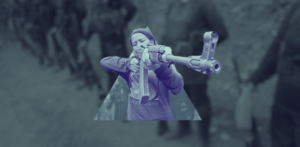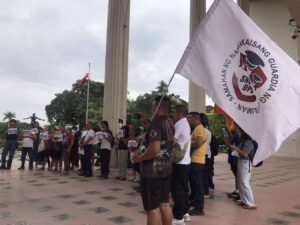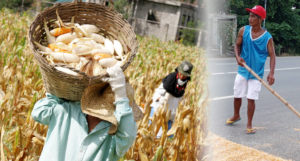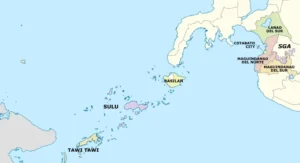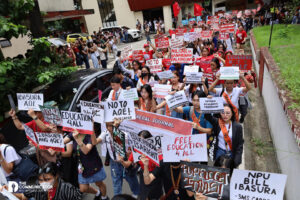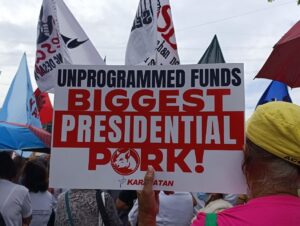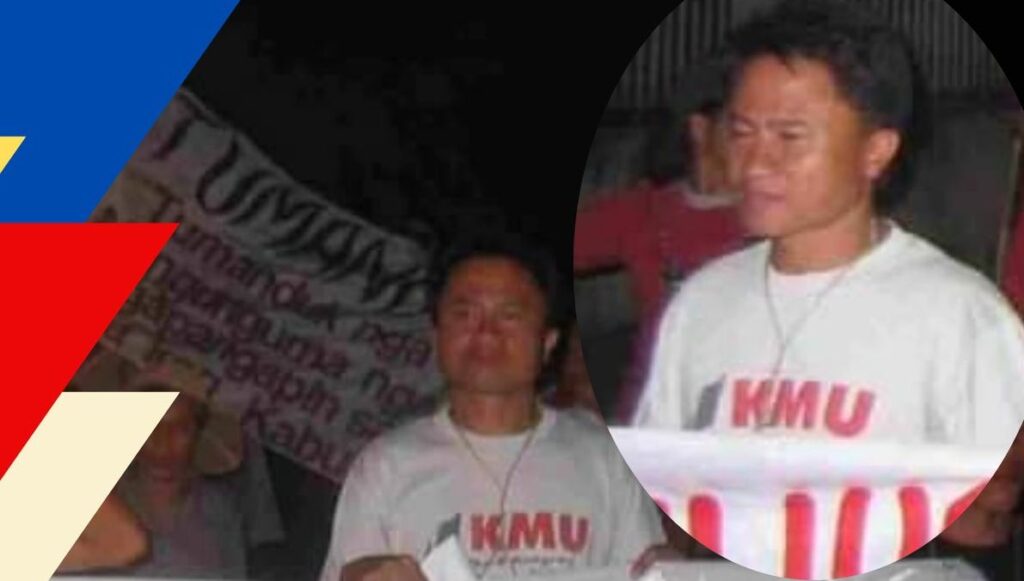
Democratic groups give recognition to Panay mass leader turned martyred Red fighter
Bayan-Panay and Panay Alliance Karapatan honored today the valor of Aurelio “Boy” Bosque, the Red fighter who was killed on August 8 in Brgy. Aglonok, Calinog, Iloilo. Bosque was one of five fighters murdered by the combined forces of the 12th, 61st and 82nd IB.
The five, dubbed the Aglonok 5, were reportedly captured, brutally tortured before being deliberately killed by soldiers. Bayan-Panay and Panay Alliance Karapatan said their remains showed stab wounds, bruises and shattered arms, clear signs of severe torture. Their bodies had frontal gunshot wounds. This is contrary to the military’ claims that the five were killed in an encounter.
“BAYAN and Karapatan Panay condemn the barbaric and inhumane killing of the Aglonok 5, which appears…rendered hors de combat.” They call for an independent investigation by the Commission on Human Rights, as well as the reopening of peace talks between the Government of the Philippines and the National Democratic Front of the Philippines.
Leader of Panay workers and masses
Before becoming a member of the New People’s Army (NPA), Bosque served as Bayan-Panay spokesperson during the Arroyo regime. He became aware of the struggle of sugarcane workers in Calinog and became a defender of the workers here. He was a former Kilusang Mayo Uno organizer.
“Boy’s choice to take a different path was a personal decision, reflecting his commitment to a broader role in serving the people,” Bayan-Panay said. “BAYAN respects and honors his ultimate sacrifice for the cause of the working masses.
The group said Bosque was aware of the limitations of labor unions in achieving substantive gains, such as insufficient wages for a family to survive. In the past few decades, the oppressed conditions of farmers, widespread land use conversion, hunger and widespread human rights violations have only worsened.
“Boy also understood the detrimental impact to the Filipino people from this government’s continued subservience to imperialist nations, particularly the US, reflected in neoliberal economic policies, repressive laws, and direct US intervention in issues concerning the West Philippine Sea,” the group said.
They recognized that the ongoing armed conflict cannot be eradicated because it is rooted in the oppressive and exploitative conditions of society.
“The deaths of revolutionaries like Boy Bosque do not signify the end of the revolution,” Bayan-Panay said. “As long as injustice, poverty, and oppression persist, so too will the desire for a better future.”

